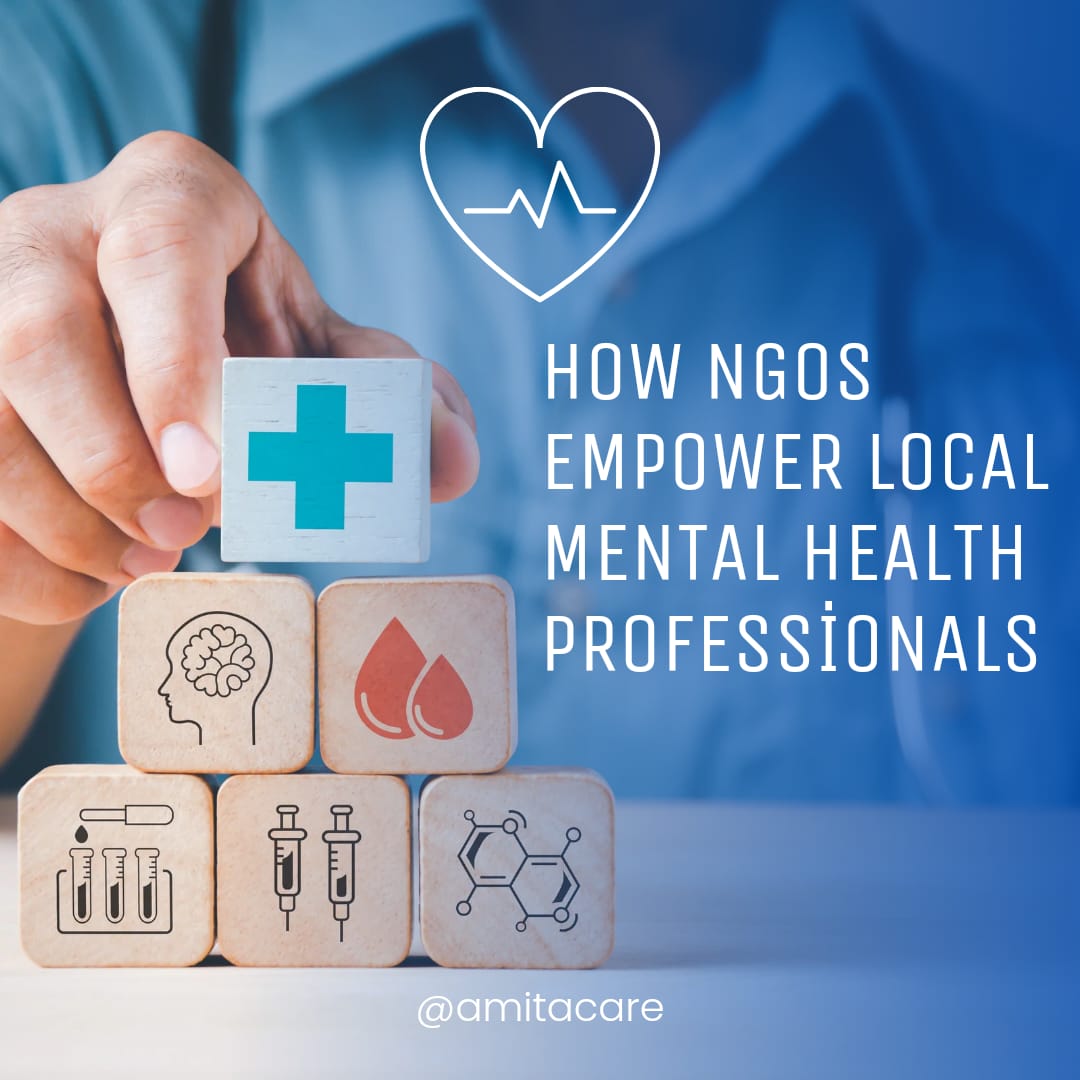
The need for accessible and effective mental healthcare is ever-growing. However, many regions face a shortage of qualified professionals. To bridge this gap, Non-Governmental Organizations (NGOs) are stepping in, playing a crucial role in building the capacity of local mental health professionals.
The Challenge: A Scarcity of Expertise
Limited access to mental health professionals creates a significant barrier to care. This can be due to:
- Geographic Disparity: Mental health professionals often concentrate in urban areas, leaving rural communities underserved.
- Financial Constraints: The cost of training and specialization can deter individuals from pursuing careers in mental health.
- Limited Educational Opportunities: A lack of universities offering mental health programs in certain regions restricts the talent pool.
How NGOs are Empowering Local Professionals:
NGOs are addressing these challenges by providing targeted training and support:
- Skills Development Workshops: Offering workshops on evidence-based treatment approaches, specific mental health conditions, and culturally sensitive care equips local professionals with the necessary skills to provide effective care.
- Mentorship Programs: Connecting experienced mental health professionals with local practitioners offers guidance, support, and facilitates knowledge transfer.
- Supervision and Coaching: Providing ongoing supervision and coaching helps local professionals refine their skills, build confidence, and navigate complex cases.
- Scholarship and Training Grants: NGOs offer scholarships and training grants to remove financial barriers and encourage individuals to pursue careers in mental health.
Beyond Training: Building a Support System
NGOs recognize that training is just one piece of the puzzle. They also provide support systems to empower local professionals:
- Networking Opportunities: Creating platforms for local professionals to connect, share experiences, and learn from each other fosters a sense of community and belonging.
- Advocacy for Improved Working Conditions: NGOs advocate for better salaries, manageable workloads, and access to supervision for mental health professionals, promoting job satisfaction and retention.
- Disseminating Mental Health Resources: Providing access to the latest research, clinical guidelines, and educational materials keeps local professionals updated on best practices.
A Ripple Effect for Positive Change
By investing in the capacity of local mental health professionals, NGOs are creating a ripple effect of positive change:
- Increased Access to Care: Empowering local professionals translates to more qualified providers in underserved communities.
- Improved Quality of Care: Training and ongoing support ensure local professionals deliver evidence-based and culturally sensitive care.
- Reduced Stigma: A stronger mental health workforce can better educate communities and reduce the stigma surrounding mental illness.
Building a Brighter Future for Mental Health
The work of NGOs in building the capacity of local mental health professionals is laying the foundation for a future where mental healthcare is accessible and effective for all. As their efforts continue, we can expect to see a world where individuals, regardless of location, receive the support they need to thrive.
Kanishak
